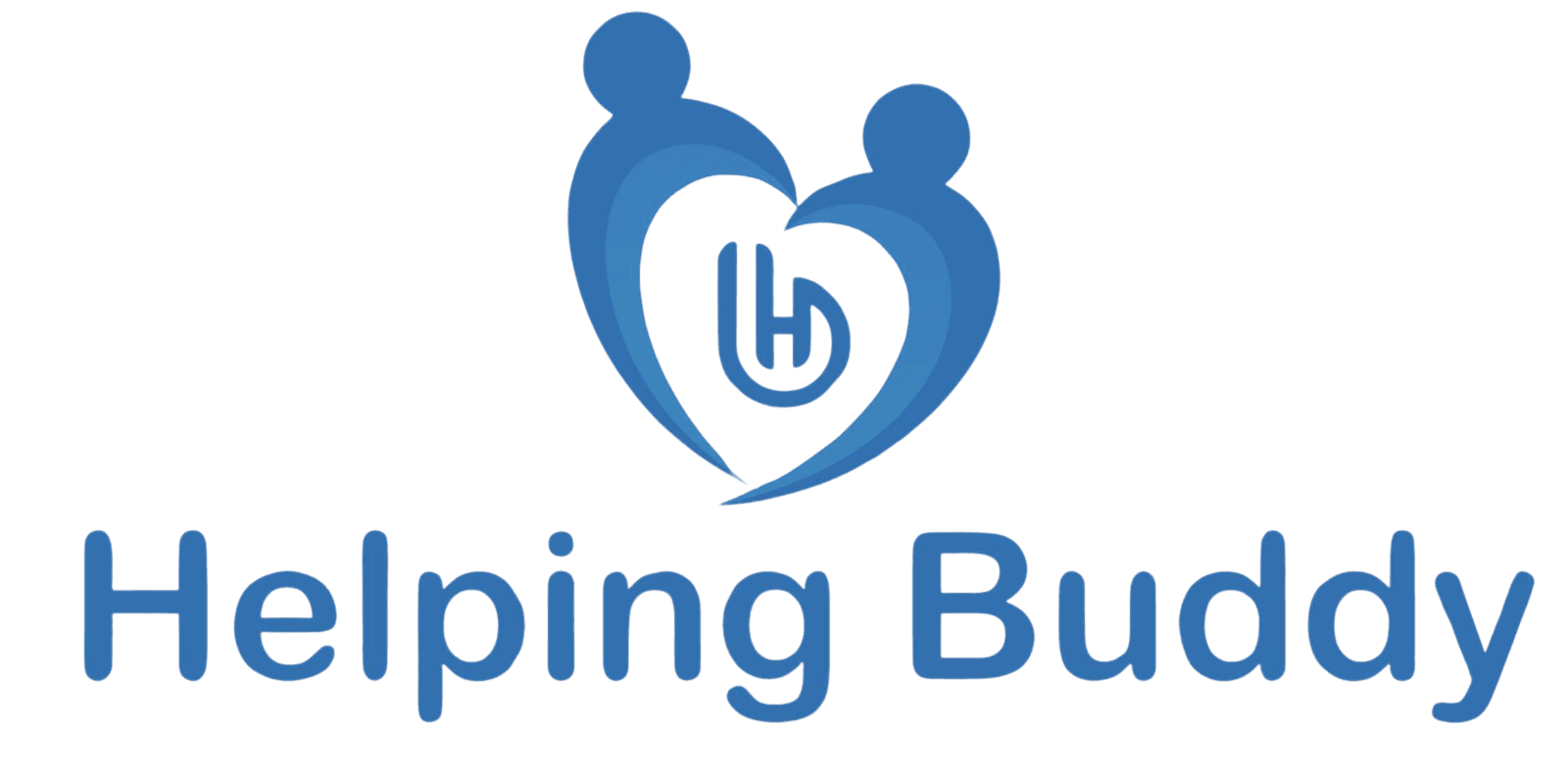Supporting someone with a disability doesn’t require you to be a professional. Often, the most meaningful support comes from friends, family members, neighbours, and everyday people who take the time to understand, include, and empower the individual in small but impactful ways.
Whether you’re a parent, partner, friend, or community member, your support can make a huge difference. In this blog, we’ll explore practical and respectful ways to support someone with a disability—from communication to independence and everything in between.
Start with Understanding, Not Assumptions
The first step in supporting someone is to listen and learn. Every person with a disability is different. They have unique strengths, preferences, and ways of navigating the world. Some people may need physical support, while others benefit more from emotional encouragement or social inclusion.
Rather than guessing what someone needs, simply ask:
“How can I best support you today?”
This kind of question opens the door to communication and respect. It shows you’re there with them, not just for them.

1. Respect Their Independence
One of the biggest misconceptions about people with disabilities is that they always need help. In reality, many individuals live independently, make decisions, and prefer to do things independently when possible.
Instead of stepping in automatically, offer support like this:
“Would you like help with that?”
“Would you prefer to do this your way?”
Giving someone control over their choices is empowering, whether choosing what to eat, deciding how to travel, or picking an outfit for the day.
2. Communicate Clearly and Kindly
Everyone communicates differently. For some people, clear spoken language works well. Others might use assistive technology, gestures, or sign language. The best approach is to match your communication style to theirs.
- Be patient—don’t rush conversations
- Use simple, direct language if needed
- Maintain eye contact (unless it makes them uncomfortable)
- Avoid speaking about the person in their presence—always include them
Communication is not just about talking—it’s about connecting in a way that respects their pace and preferences.
3. Support Daily Living Without Taking Over
Daily tasks like cooking, shopping, cleaning, or taking medications might require different levels of support. The goal isn’t to “do everything for them”—it’s to help where needed while encouraging independence.
Here’s how you can help:
- Break down tasks into smaller steps
- Use visual reminders or checklists if helpful
- Offer tools or modifications (like adaptive kitchenware or shower chairs)
- Be consistent and encouraging, especially with routines
Remember, your support should build their skills, not replace them.
4. Encourage Social Inclusion
One of the most overlooked aspects of support is helping someone stay socially connected. People with disabilities often face isolation, not because they want to, but because of barriers in society.
You can help by:
- Inviting them to social gatherings, events, or casual hangouts
- Ensuring venues are accessible
- Supporting them in trying new community activities or hobbies
- Speaking up when you see discrimination or exclusion
Feeling included boosts confidence, mental well-being, and quality of life. Small gestures—like a message, a phone call, or a shared coffee—can go a long way.
5. Promote Access and Advocacy
Practical support can also mean helping someone access the resources and services they’re entitled to. This includes things like:
- Helping with transport to medical appointments or therapy
- Navigating the NDIS application process
- Supporting with paperwork, online forms, or assistive technology
- Advocating for their needs in school, work, or healthcare settings
You don’t have to do it alone—there are many organisations and disability support providers who offer expert help.
6. Be Flexible, But Reliable
Life with a disability can be unpredictable. Some days are easier than others. Being supportive means showing flexibility, patience, and compassion—especially when plans need to change or routines shift.
At the same time, it’s important to be reliable. Consistency in your support builds trust and helps the individual feel safe and valued.
7. Educate Yourself and Others
The more you learn, the better you can support. Stay informed about:
- The different types of disabilities (physical, intellectual, psychosocial, sensory)
- Disability rights and inclusion laws in Australia
- The NDIS and how it supports individuals
- Ways to create more accessible environments (at home, work, or in the community)
And don’t forget to share what you learn with others. Creating an inclusive world starts with everyday conversations.

Final Thoughts: Support That Empowers, Not Limits
Supporting someone with a disability isn’t about doing more—it’s about doing better. It’s about seeing the person before the disability, respecting their choices, and being a part of their journey toward independence, confidence, and fulfilment.
Whether you’re helping with daily tasks or simply showing up with empathy, your support has the power to uplift, encourage, and empower.
Need Help Supporting Someone in Daily Life?
At Helping Buddy, we work with families, carers, and individuals across Australia to offer personalised, respectful support services that promote independent living and community connection.
From daily living assistance to community access, nursing care, and more—we’re here to help people live on their own terms.
Together, let’s make everyday life more inclusive, supportive, and empowering.

